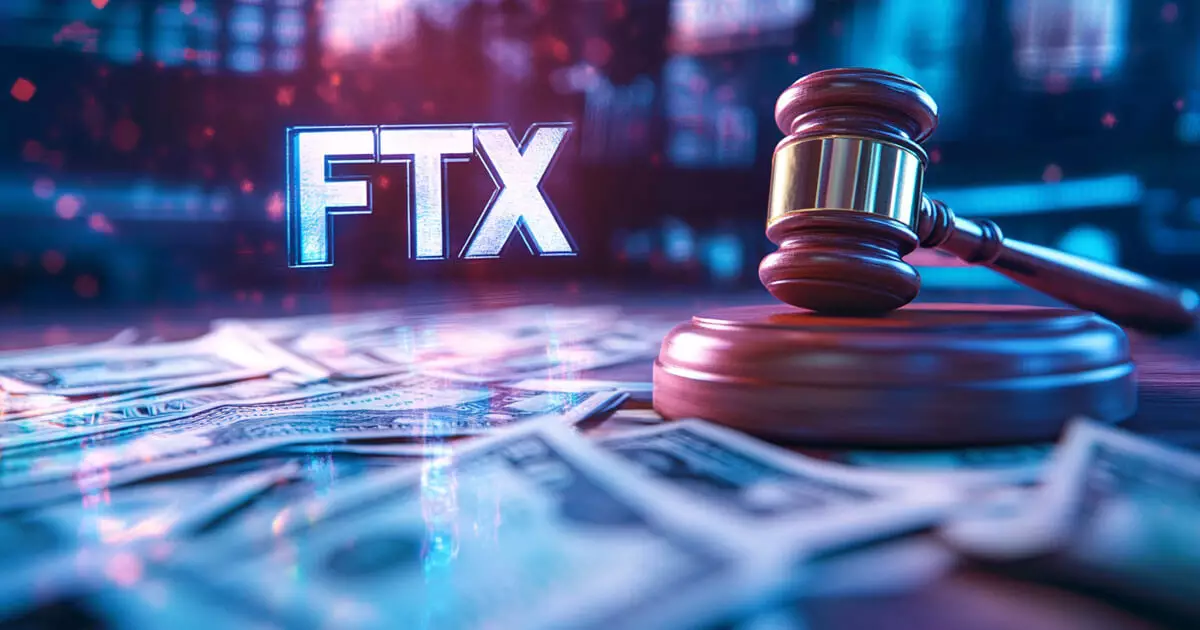FTX, once a leading cryptocurrency exchange, has become emblematic of the volatility and risks associated with the crypto market. Following its dramatic collapse, the exchange is now embroiled in legal battles to recover what it claims are misappropriated assets. Among the primary targets in these efforts is Ryan Salame, former co-CEO of FTX’s Bahamian subsidiary. In a recent court filing dated November 4, FTX has accused Salame of knowingly aiding key executives, including the infamous founder Sam Bankman-Fried, in actions that breached fiduciary responsibilities and misappropriated customer assets.
The claims against Salame are particularly serious, suggesting a deeper complicity in a fraud scheme that reached the highest levels of FTX. The filing alleges that Salame not only participated in these fraudulent activities but also benefitted immensely from them. FTX’s allegations paint a picture of deliberate concealment, with Salame allegedly attempting to obscure the true nature of his financial dealings involving misappropriated funds. This raises questions about the integrity of leadership within FTX during its operational years, particularly between November 2020 and November 2022, a period marked by substantial financial influx into Salame’s accounts.
Specifically, FTX alleges that Salame amassed an exorbitant fortune during his time with the company, detailing a staggering $52.9 million in wire transfers, $29.8 million in withdrawals, and over $7.7 million in salary and bonuses. Furthermore, it is claimed he acquired significant amounts of FTT tokens, which he later liquidated for a profit of $24 million. These claims, while serious, must be contextualized within a broader narrative of irresponsibility and mismanagement that characterized FTX’s operational model. Salame’s alleged usage of company assets to fund personal expenditures raises even further concerns about fiduciary loyalty and ethical conduct within the cryptocurrency sphere.
Salame’s legal battles are compounded by his personal life, where he confessed to making false statements to banks and excessive political donations during a failed congressional run. With the potential for significant prison time now a reality—Salame began serving a 90-month sentence following a guilty plea for conspiracy charges—the fallout from his actions continues to escalate. FTX is seeking not only the return of misappropriated assets but also to disallow any claims he may have in the Chapter 11 proceedings until these matters are resolved, further emphasizing the severity of the allegations.
As FTX navigates its bankruptcy proceedings, the outcome of this lawsuit could set precedents for how crypto-related legal disputes are handled moving forward. The implications stretch beyond this case; they could lay the groundwork for future accountability in an industry that remains largely unregulated. Investors and stakeholders are undoubtedly looking at the unfolding situation with keen interest, as it highlights the potential repercussions of mismanagement and fraud in the rapidly evolving world of cryptocurrency. FTX’s aggressive stances against former executives signal a commitment to seeking restitution that could ultimately shape the future landscape of digital finance.









